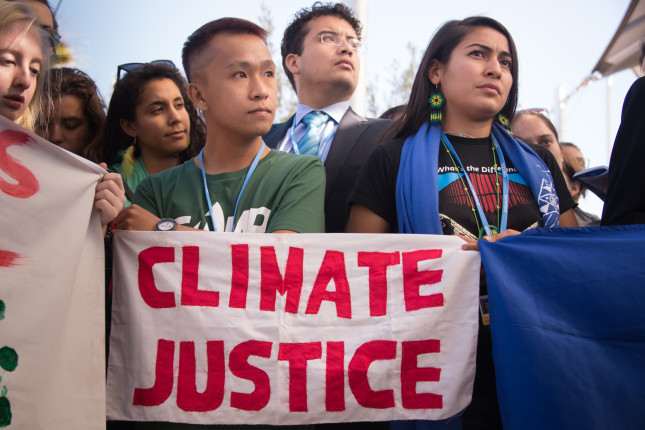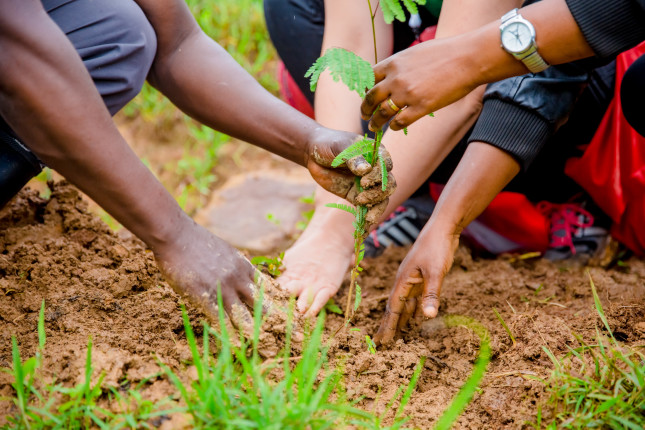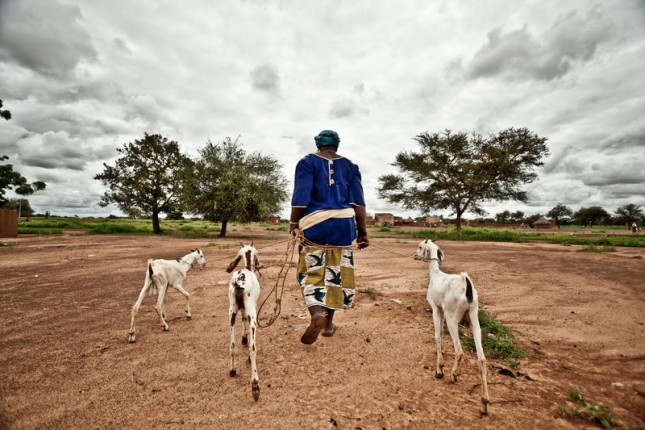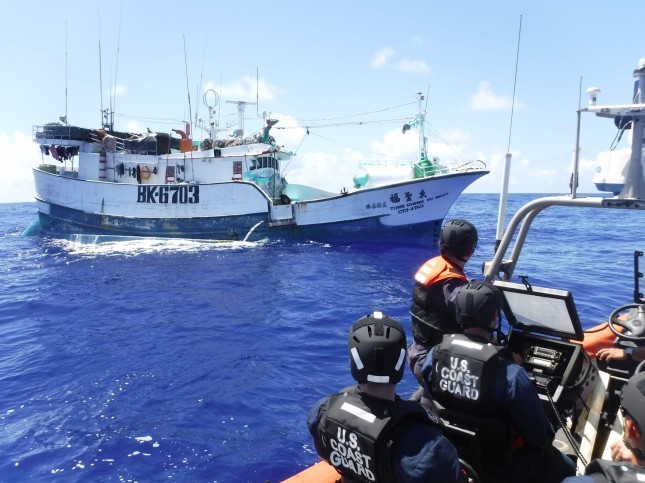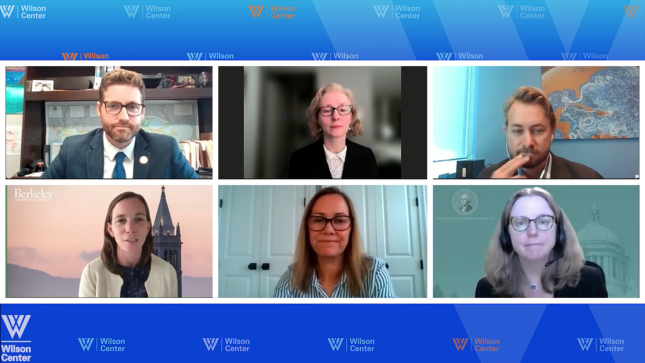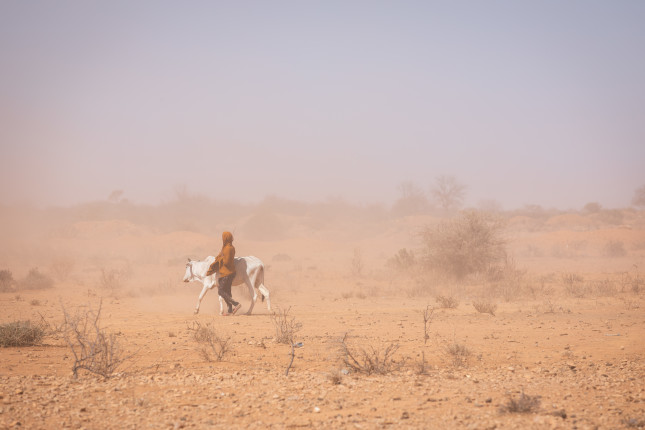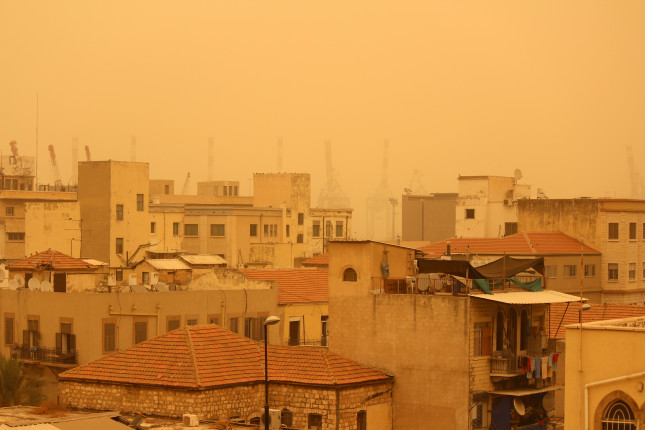-
Top 5 Posts for June 2022
›From climate change to COVID-19 and the war in Ukraine, the world is a landscape of increasing instability. Book-ending the Top 5 posts of June are two articles that explore different aspects of these converging risks. In the top post for June, Steven Gale and Mat Burrows write that globally, younger generations are becoming increasingly disengaged and discontent with their democratic governments, civil society, and institutions. Youth disillusionment is not a result of ignorance to current affairs, but rather a lack of faith in democratic institutions to address today’s most pressing global issues. Tackling youth disillusionment, suggest Gale and Burrows, begins with examining youth engagement trends and placing it at the top of the agenda.
-
Climate Finance: Taking Stock of Investments and Opportunities to Sustain Peace
›A key pillar of the UNFCCC was a commitment by industrialized nations to cover the incremental cost of climate change mitigation for developing countries. As part of this pledge, they agreed to mobilize $100 billion a year in climate finance by 2020 and maintain that level of funding up to 2025. While there are questions on whether this target has been met, climate finance has undeniably become one of the largest channels of wealth redistribution from developed to developing countries.
-
What’s in a Name? Making the Case for the Sahel Conflict as “Eco-violence”
›
The Sahel region of Africa is a semi-arid, arc-shaped landmass that stretches 3,860 kilometres from Senegal across portions of Mali, Burkina Faso, Niger, Nigeria, Chad, and even Sudan. It is also the most neglected and conflict-ridden part of the planet, according to the Norwegian Refugee Council.
-
Tackling Scarcity and Building Security: A Response to IUU Fishing
›
Last month, as global leaders met in Lisbon for the UN Oceans Conference, President Biden signed a National Security Memorandum to address the challenge of illegal, unreported and unregulated (IUU) fishing. This event is a promising sign that the U.S. and other governments are accelerating the response to the threat that IUU fishing poses—not just to the environment, the economy and human rights, but also to global peace and security.
-
Responsible Research Won’t Be Enough to Control Solar Geoengineering
›
As climate change worsens, the once-unimaginable power to use technology to cool the planet—a method known as “solar geoengineering”—has quietly entered the realm of possibility. Yet the prospect of developing such planet-altering technologies has launched an intense debate: Can this be achieved responsibly? Should it be attempted at all?
-
Green Politics Is Local
›
In April 2021, the Biden administration announced a new greenhouse gas emissions reduction target for the United States. In the accompanying “nationally determined contribution” submitted to the United Nations Framework Convention on Climate Change, the administration highlighted the interplay between national and subnational policy in driving climate progress. The document promised that federal action will “[build] upon and [benefit] from a long history of leadership on climate ambition and innovation from state, local, and tribal governments.”
-
Exploring Climate Security: Why Bad Outcomes Occur in Some Places and Not Others
›
My latest book—States and Nature: The Effects of Climate Change on Security (Cambridge University Press)—has been more than two decades in the making. And as I reflect on that journey, I see significant parallels between my own trajectory and the larger efforts to define and refine thinking about climate security.
-
Top 5 Posts for May 2022
›
In Iraq, climate change is adding stress to an already precarious situation. Weak public services, growing unemployment, fossil fuel-related environmental and health hazards, and other factors have generated high levels of social vulnerability and contributed to recent protests. In the top post for May, Dylan O’Driscoll and Shivan Fazil write about how, against this fragile backdrop, insecurity is heightened by increasingly deadly flash floods and more frequent dust storms that pose a public health threat.
Showing posts from category climate change.


